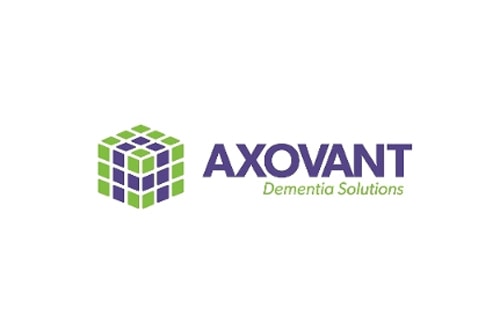
In the wake of a failed Alzheimer’s drug programme that led to the departure of its CEO, Axovant has acted on its pledge to rebuild by licensing a gene therapy for Parkinson’s disease from UK biotech Oxford BioMedica.
The addition of OXB-102 is the first pipeline-building deal for Axovant since it gave up on lead candidate intepirdine in February, and a whole new area of focus for the firm, part of the ‘vant’ group or companies set up by entrepreneur Vivek Ramaswamy under umbrella company Roivant Sciences.
It’s a big departure from Axovant’s initial strategy of repurposing drugs developed by other companies, and carries a high level of risk as the company will need to build its expertise in gene therapy from scratch.

To help the project get off the ground, Roivant is giving Axovant $25m in equity financing and has managed to attract a gene therapy veteran to lead the programme. Fraser Wright – a co-founder and former chief technological officer at Spark Therapeutics (pictured) – has joined Axovant and will head up what the company says will be multiple gene therapy programmes. Wright was involved in the development of Spark’s Luxturna, the first gene therapy to be approved in the US.
Oxford BioMedica says OXB-102 (now renamed AXO-Lenti-PD) is a lentiviral vector-based gene therapy that delivers three genes that code for enzymes used in the synthesis of dopamine, the neurotransmitter that is deficient in the brains of Parkinson’s patients.
In preclinical studies, a single dose of the therapy restored normal muscle function to test weeks after two weeks and was sustained for almost four years. Axovant is planning to start a phase I/II clinical trial of the therapy before the end of the year to see of those benefits transfer to humans.
For Oxford BioMedica, the terms of the deal give it a $30m upfront fee, which includes $5m in manufacturing support, as well as another $55m in milestones of development of AXO-Lenti-PD goes to plan and $757.5m if the programme meets regulatory and commercial objectives.
The UK biotech will also get royalties on any eventual sales of between 7% and 10%, and could also make revenue from producing clinical and commercial supplies of the drug if Axovant decides to exercise that option. It’s chief executive – John Dawson – said the deal was a “significant agreement” which reinforces the potential of its lentivirus platform, already being used in Novartis’ new CAR-T therapy Kymriah (tisagenleucel).
Axovant CEO Pavan Cheruvu, who took the helm of the company after David Hung and other senior execs resigned in the wake of the intepirdine failure, said the company will be looking to license additional projects including other gene therapies in the coming months as it builds up a pipeline of “innovative treatments for serious neurodegenerative conditions.”
Axovant’s lead candidate now is nelotanserin, a 5-HT2a receptor inverse agonist in phase II trials as a treatment for visual hallucinations and sleep disorders in Lewy body dementia and dementia associated with Parkinson’s disease.




